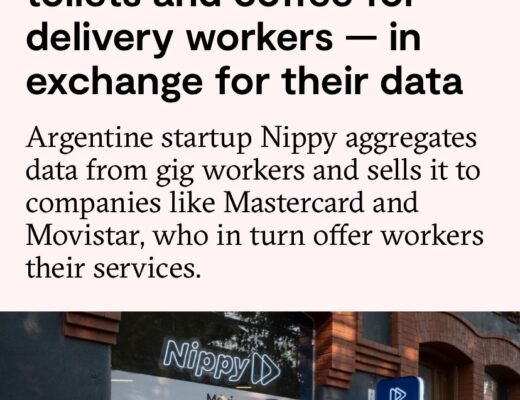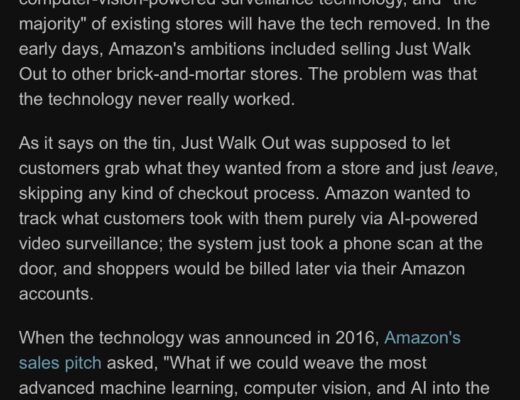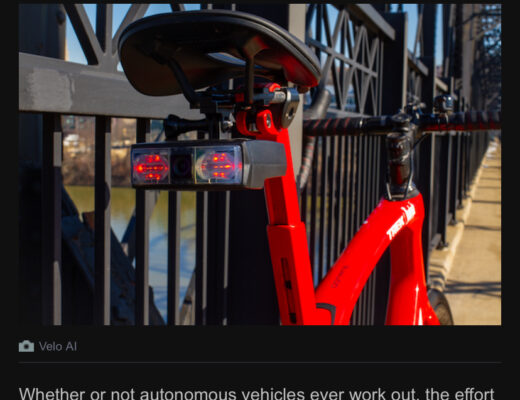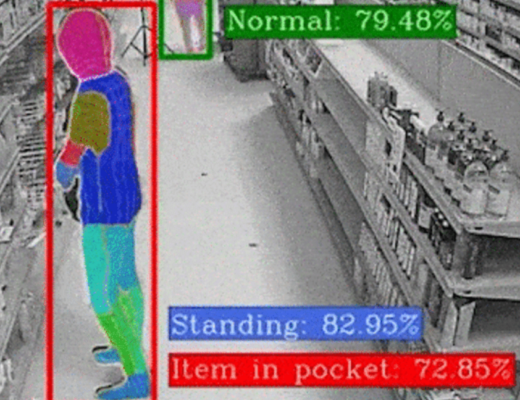
A Governing the Digital Society event, in collaboration with [urban interfaces] and the Open Cities Platform. Organized by Michiel de Lange (M.L.deLange@uu.nl) and Erna Ruijer (H.J.M.Ruijer@uu.nl) – SIG Inclusion; Stephan Grimmelikhuijsen (S.G.Grimmelikhuijsen@uu.nl) – SIG AIGOBE Date: 14 November 2024 14:30 – 16:30 + drinks Locatie: Kromme Nieuwegracht 20, Utrecht, Foyer (ground floor) Sign up here: https://www.uu.nl/en/events/civic-urban-ai-expert-meeting-2024 Towards civic urban AI In the last few years there has been a surge of AI deployment in urban settings. Examples include camera surveillance with image recognition, predictive policing, sound/noise detection, autonomous vehicles and robotics, energy distribution prediction and optimization, traffic optimization, public services […] Read More


















